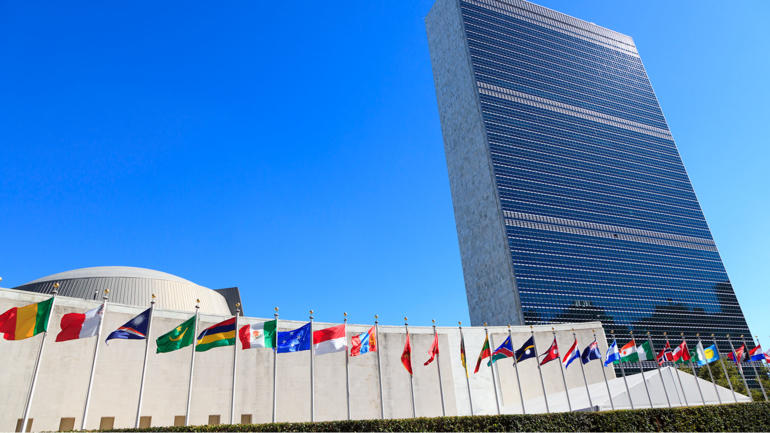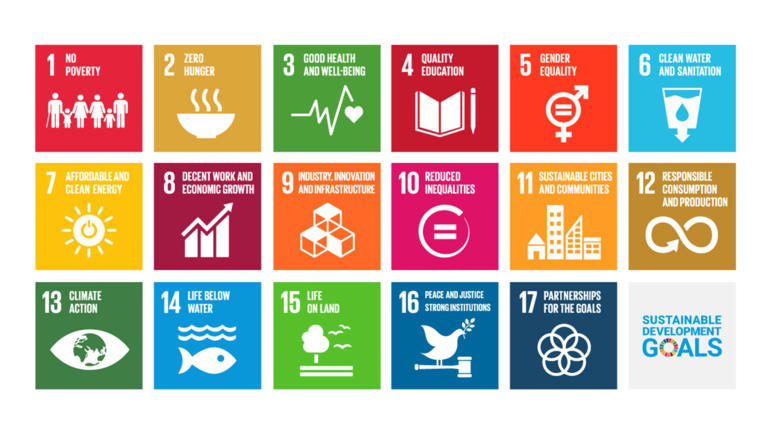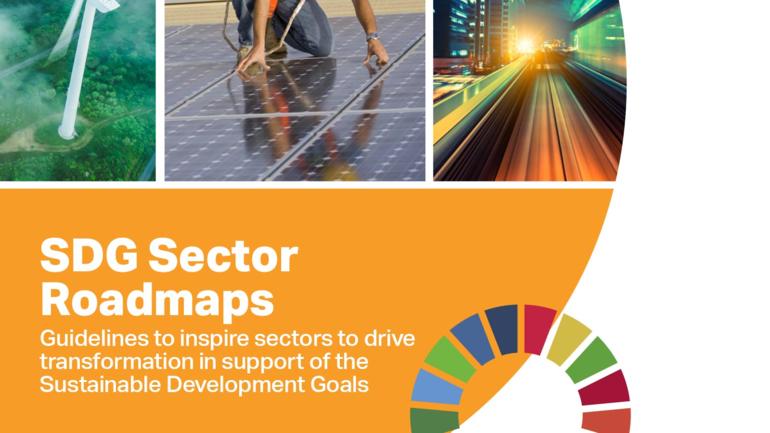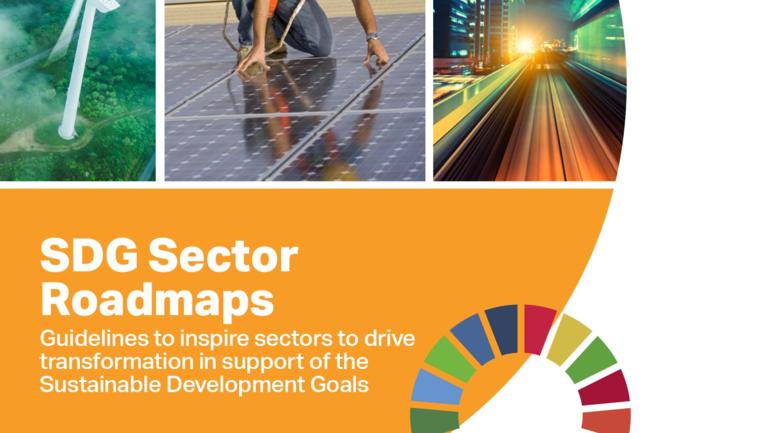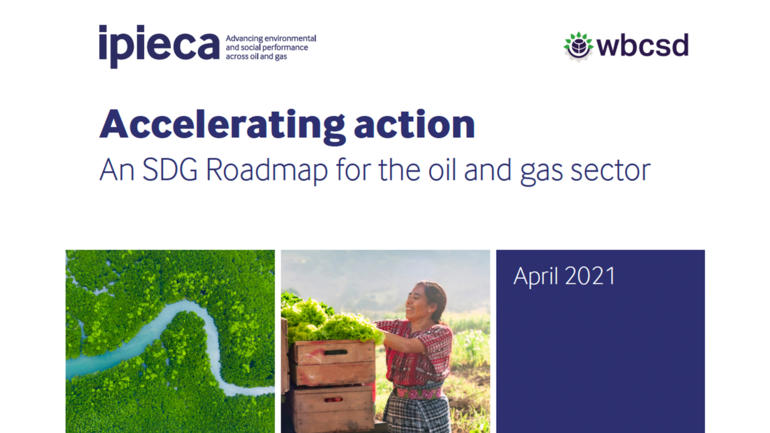SDG Action & Policy
Agreed upon unanimously by the United Nations member states in September 2015, the SDGs set out a framework to tackle the world’s most pressing social, economic, and environmental challenges in the lead-up to 2030.
The private sector has a critical role to play in the realization of these ambitions as a source of finance, an engine of economic growth and employment, a driver of innovation and a champion for human rights. Businesses that take an active role in leading this transformation and position the SDGs at the heart of operational decisions will ultimately be better placed to harness emerging market opportunities, manage risks and consolidate an enduring license to operate through to 2030 and beyond.
The challenge
The 17 goals that make up the SDGs and the 169 targets that underpin them represent a complex, transformative and inter-connected framework. From a business perspective, keeping track of developments across this dynamic agenda and pin-pointing opportunities for business to maximize its potential to impact upon the goals can be challenging process. Equally, effectively integrating the SDGs into corporate strategy, setting relevant targets and reporting on progress are important but complex tasks.
The business case
The SDGs provide businesses with a new framework to translate global needs and ambitions into business solutions. By carefully considering how they can impact the SDGs and developing effective solutions, companies will be able to better manage their risks, unlock opportunities in growth markets, anticipate consumer demand, and strengthen supply chains - all while helping to move the world towards the delivery of the sustainable and inclusive future that the SDGs represent.
The solution
WBCSD’s SDGs Action & Policy project looks to support member companies as they work to follow and successfully internalize the SDG agenda. It provides timely and tailored updates to members on the latest trends, developments and insight surrounding the SDG agenda. It also seeks to disseminate best practice in terms of SDG integration, foster opportunities for collaboration and peer learning, and provide a platform for business to interact with intergovernmental discussions at the UN-level.




